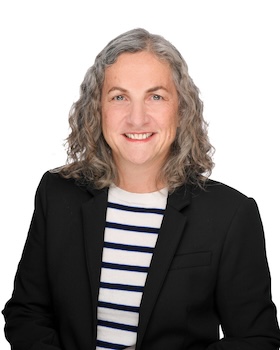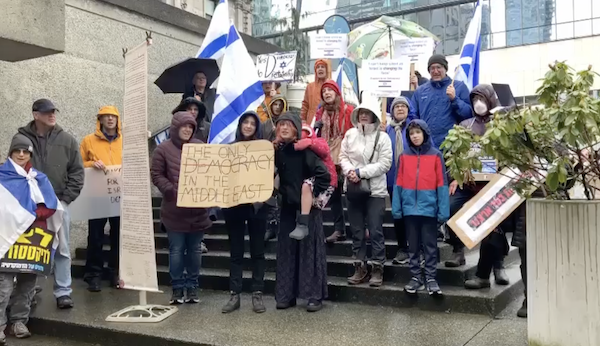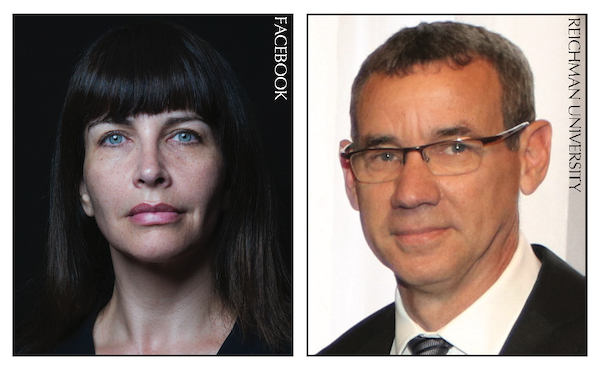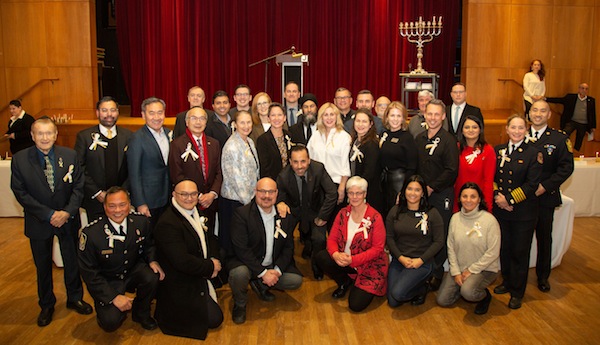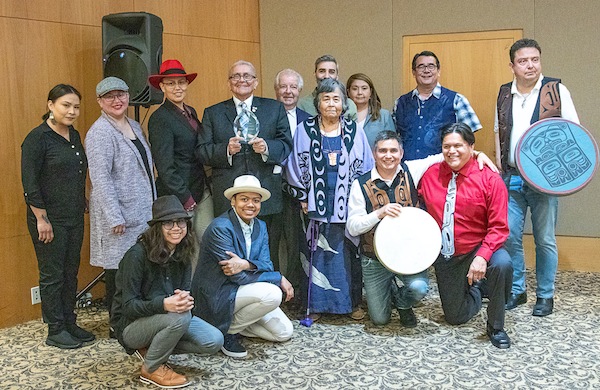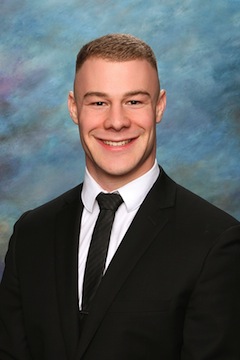Passover is a story of survival and courage. At the heart of it, over these 2,000 years, our tenacity as a people and our willingness to stand up to those who would do us harm have remained steadfast.
One of the most widely observed Jewish holidays, Passover is a cherished opportunity for families and friends to gather and conduct the seder, a retelling of our ancestors’ story, beginning with a call from Moses to “let my people go” and concluding with the Jewish people’s freedom from slavery in Egypt.
But, this year, hundreds will mourn losses of family and friends murdered on Oct. 7. More than 100 families in Israel will have empty seats around their seder table, as their loved ones remain captive, held by Hamas terrorists in Gaza. And hundreds of thousands, from both the north and south of Israel, will celebrate our ancestors’ return from exodus away from their homes, having been displaced by the violence so heartbreakingly started on Oct. 7.
During the seder, we count the 10 plagues that G-d wrought upon the Egyptians. Today, one is confronted with the modern-day plague of antisemitism and Jew-hatred at levels never seen. The recent surge in online antisemitism continues to gain force, as misinformation, disinformation, lies and age-old conspiracies about Jews and Israel’s past and present capture the attention and play on the credulity of many around the world.
Since Oct. 7, even more online Jew-hatred and anti-Israel vitriol has been spilling onto streets across the world, endangering Jewish lives and, among our most elderly, evoking comparisons to a pre-Second World War Europe they witnessed firsthand and prayed never to see again.
Online hate engenders real-world threats and violence, and Canada is not immune. In some predominantly Jewish communities in Canada, there have been bomb scares in synagogues, bullets fired at Jewish schools, attacks on Jewish businesses and hateful graffiti on Jewish homes.
We have seen a wave of protests rife with violent hate speech – calls for “Free Palestine” or “From the river to the sea” – often strategically located to target Jewish neighbourhoods, schools, community centres and businesses.
On campuses nationwide, Jewish faculty, staff and students have been made to feel unsafe, insecure and even threatened.
These problems are not small. But neither are they new or insurmountable. CIJA’s mission to protect the quality of Jewish life in Canada has never been more meaningful, even crucial. Our team – across Canada and Israel – has been meeting with government officials, providing interviews and information to media, intervening with school boards and university administrations, working with local federations and grassroots Jewish community groups, and planning events and rallies, all to ensure the voice of the Jewish community is heard – to combat antisemitism, safeguard the security of the Jewish community and our institutions, educate Canadians about the important role Israel plays in Jewish life and identity, and advocate on behalf of Israel and for the return of the hostages.
We are working with government to advocate for long-overdue legislation to address online hate, demanding accountability from social media platforms, institutions and organizations. We are asking for – and receiving – grassroots help to participate in action alerts demanding change. We are using – and training community members and allies to use – social media to change the narrative, to educate, counter disinformation and inform.
Over these past months, CIJA has been involved in many battles – some lost, but many won. There have been moments of fatigue, sometimes even tears, and days when the weight of our work felt overwhelming. But we have drawn strength from the resilience of our brothers and sisters in Israel and from the courageous heart of the Jewish communities we serve in Canada.
As we recall the story of Passover at the seder table, let’s take a moment to remember both our ancestors’ journeys and our personal responsibility to ensure that, as it has for countless generations, our historic resolve to fight oppression will sustain us today.
Judy Zelikovitz is vice-president, university and local partner services, at the Centre for Israel and Jewish Affairs.

